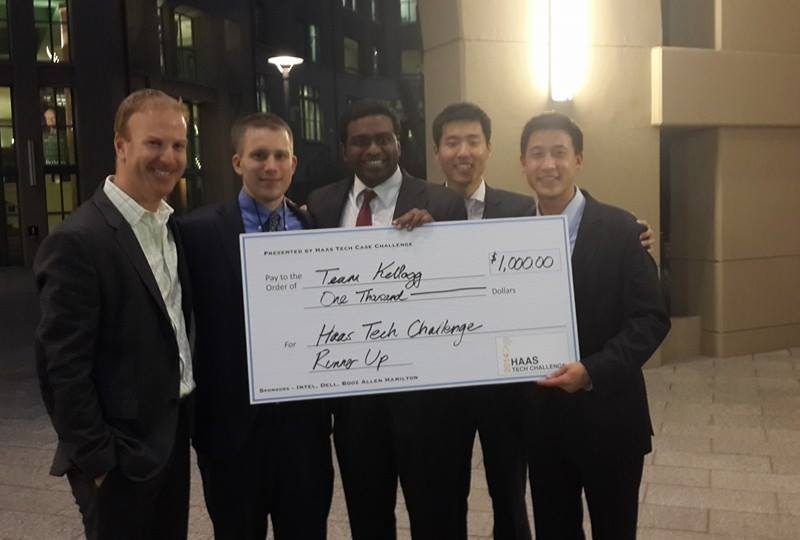IDEO Chief Creative Officer Paul Bennett spoke about design thinking to approximately 1,000 people at Kellogg on Tuesday, and his speech held significant relevance to students in the MMM program. Three of those students offered their thoughts on what they learned.
MONTOYA TRICE – 1st-year MMM student
I thoroughly enjoyed the speech because it reinforced what I have been learning in the MMM program. Good design is rooted in human understanding, and human-centered designers are needed now more than ever. Mr. Bennett asserted that we are all designers. Heeding his call, I decided to take visual notes of the speech .

